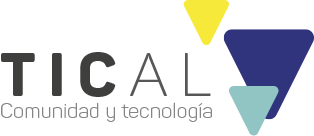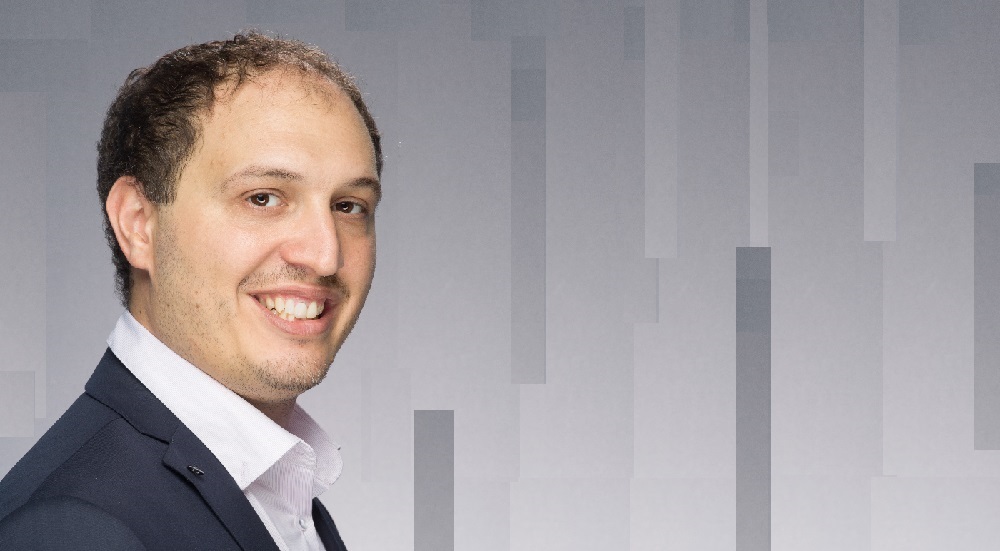TICAL is known as the 'Latin American ICT Directors Conference’. But ... who are they? Their stories with ICT, their roles in universities, their jobs? In this series of interviews, we will meet five ICT managers from different parts of our region who have already confirmed their participation in TICAL2018 and the 2nd Latin American eScience Meeting. Together they help to build the great mosaic that are the events that will take place between September 3 and 5, in Cartagena. From Argentina comes our first “piece”, the IT Director of the Technological Institute of Buenos Aires (ITBA) Javier Apat. Get to know him better in the following lines.
Hi, Javier! Tell us a little about yourself and your relationship with ICT. How did you get to TICAL2018 and the 2nd e-Science Meeting?
Hi! I am Javier Sebastian Apat, IT Director of the ITBA, with more than 11 years of experience in the education industry. I entered the organization in mid-2015 with the aim of carrying out the digital transformation of the university, achieving to establish a 5-year strategic plan called "IT Reboot", which involves the total reorganization of the IT area, the creation of new services, the total change of infrastructure and the implementation of new applications, with the aim of achieving the transformation of the educational model.
Before my inclusion in the ITBA, I worked as a Service Leader at Pragma Consultores, working with important clients of the country and the region. Additionally I worked as Undersecretary of Informatics in the Faculties of Engineering and Social of the UBA. I am a graduate in Computer Engineering by the UBA and have a Degree in Systems Analysis by the same University. I also have a Postgraduate Degree in Business Management by UADE.
Among my specialties are Enterprise Architecture, Design of Strategic Plan, Implementation of IT Services and Agility, for which I am certified in each of the practices by the Open Group, ITIL and the Scrum Alliance.
My first TICAL was the one that was held in Buenos Aires, in 2016, when the organization sent an invitation to the rector of our university to participate in the event. During the 3 days in Buenos Aires I shared talks with colleagues from my country and Latin America; it seemed an enriching experience for which I decided to approach the organization.
What is your paper and how do you see the importance of presenting it in TICAL?
Our university is of the STEM type, so our teachers make intensive use of software in the classes. Traditionally, in our headquarters we had installed classrooms with a large number of computers to meet the demand.
In recent times, new trends such as the increase in the use of mobile devices, the adoption of BYOD, the need to use specific software and learning outside of class, posed a change in the conception of traditional computer laboratories. From IT, we take the challenge of incorporating these new trends and face a project to "mobilize" learning through cloud virtualization, with the objective that our students do not depend on a particular physical machine to use specific software of their subjects.
The importance of presenting this type of work in TICAL, is to know the opinion of the peers, the exchange that occurs in this type of events results in new ideas, progress of the things we did and identify problems that we do not visualize. Clearly, many points of view on the same topic contribute to continuous improvement, something we want for our solutions.
In addition to the presentation, what are your expectations regarding the events?
I have many expectations. Reencounter with friends who were in previous editions, generate new friends, incorporate knowledge, see real cases of ICT implementation in other universities, meet new trends in the industry and new technological trends. I have no doubt that TICAL 2018 will be an event that will contribute a lot to all the participants.







